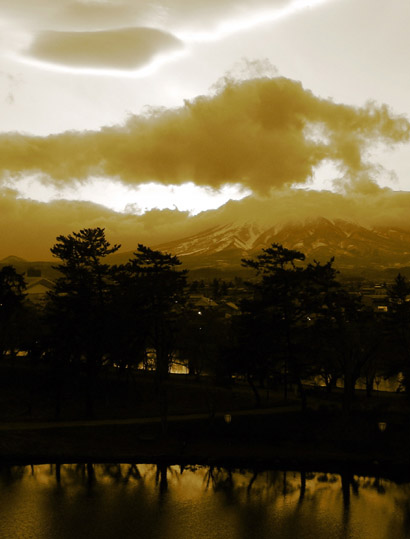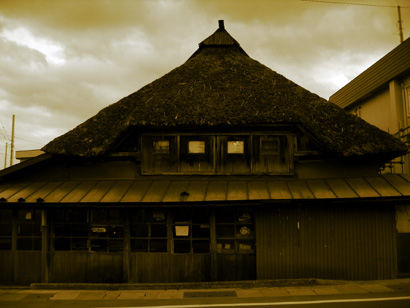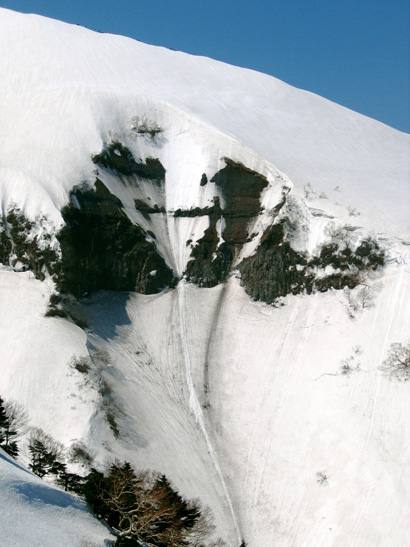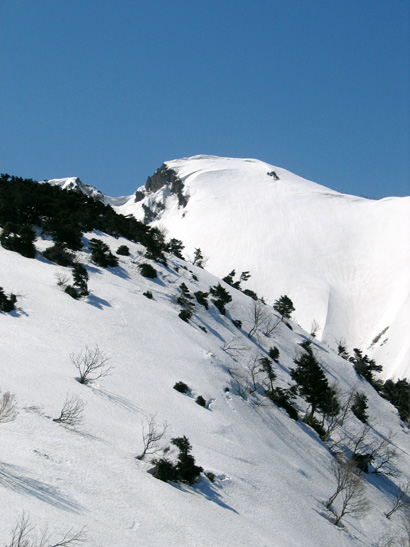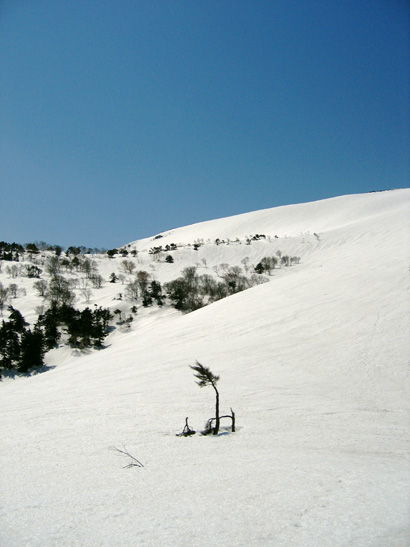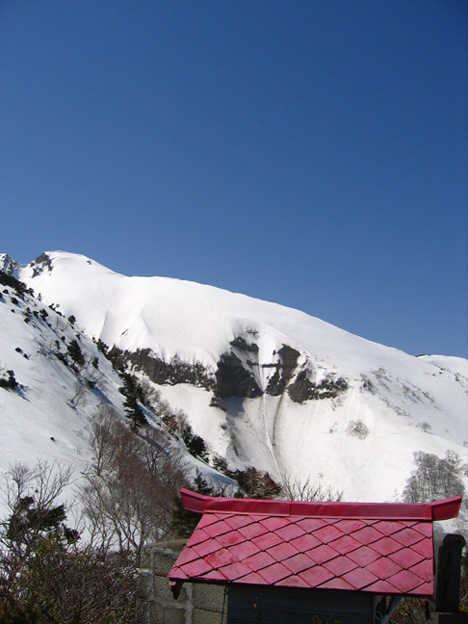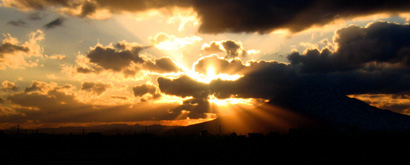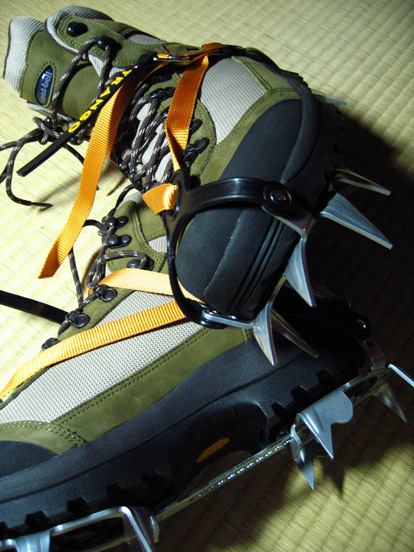Photoshop
I've been a little bit miffed lately as to why my images always end up looking doctored through photoshop even though the only reason I use photoshop is to reduce their size for the internet. I can't recall encountering this problem when I first started using the said software about a year ago, but recently, for some reason, it has been making my images look tone crazy. The shots below, I'll admit, were captured through using the light setting on my camera designated for indoor shots. It's called 'tungsten'. Regardless, even when I take shots using the normal settings I find that there are significant discrepancies between the original image and the image presented through photoshop. Anybody else have the same problem with their images?
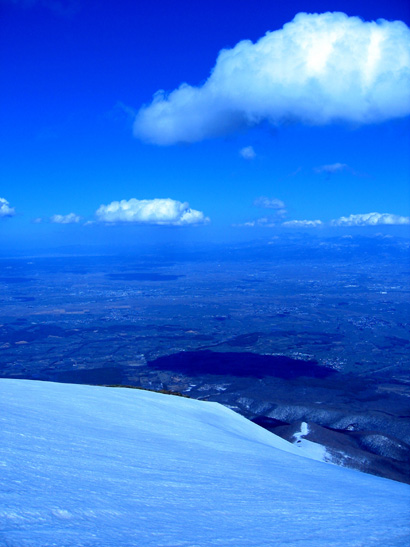
In the above shot, if you look closely, you'll notice that the skyline is quite heavily pixellated. It's a real bummer because I like taking pictures of blue skies. The next shot is much the same.

The clouds in this shot look like they've been stuck on or something. If you want proof of the difference check out my Flickr page to see the originals.
Anyway, I shalln't bother you with the details of another day on the same old mountain, which is exactly what today was. Instead, I'll risk being thought of as a lunatic and tell you that I intend to do the same old hike again tomorrow. I have an excuse though: I planned to journey down to Yamagata ken for a Choukai climb this weekend but had to change my plans due to a misappropriation of funds that found their way into the hands of the lady behind the front desk at Hirosaki Memorial Hospital. Yes, I'm gutted. Purling weather forecast for tomorrow though. 快晴

In the above shot, if you look closely, you'll notice that the skyline is quite heavily pixellated. It's a real bummer because I like taking pictures of blue skies. The next shot is much the same.

The clouds in this shot look like they've been stuck on or something. If you want proof of the difference check out my Flickr page to see the originals.
Anyway, I shalln't bother you with the details of another day on the same old mountain, which is exactly what today was. Instead, I'll risk being thought of as a lunatic and tell you that I intend to do the same old hike again tomorrow. I have an excuse though: I planned to journey down to Yamagata ken for a Choukai climb this weekend but had to change my plans due to a misappropriation of funds that found their way into the hands of the lady behind the front desk at Hirosaki Memorial Hospital. Yes, I'm gutted. Purling weather forecast for tomorrow though. 快晴


